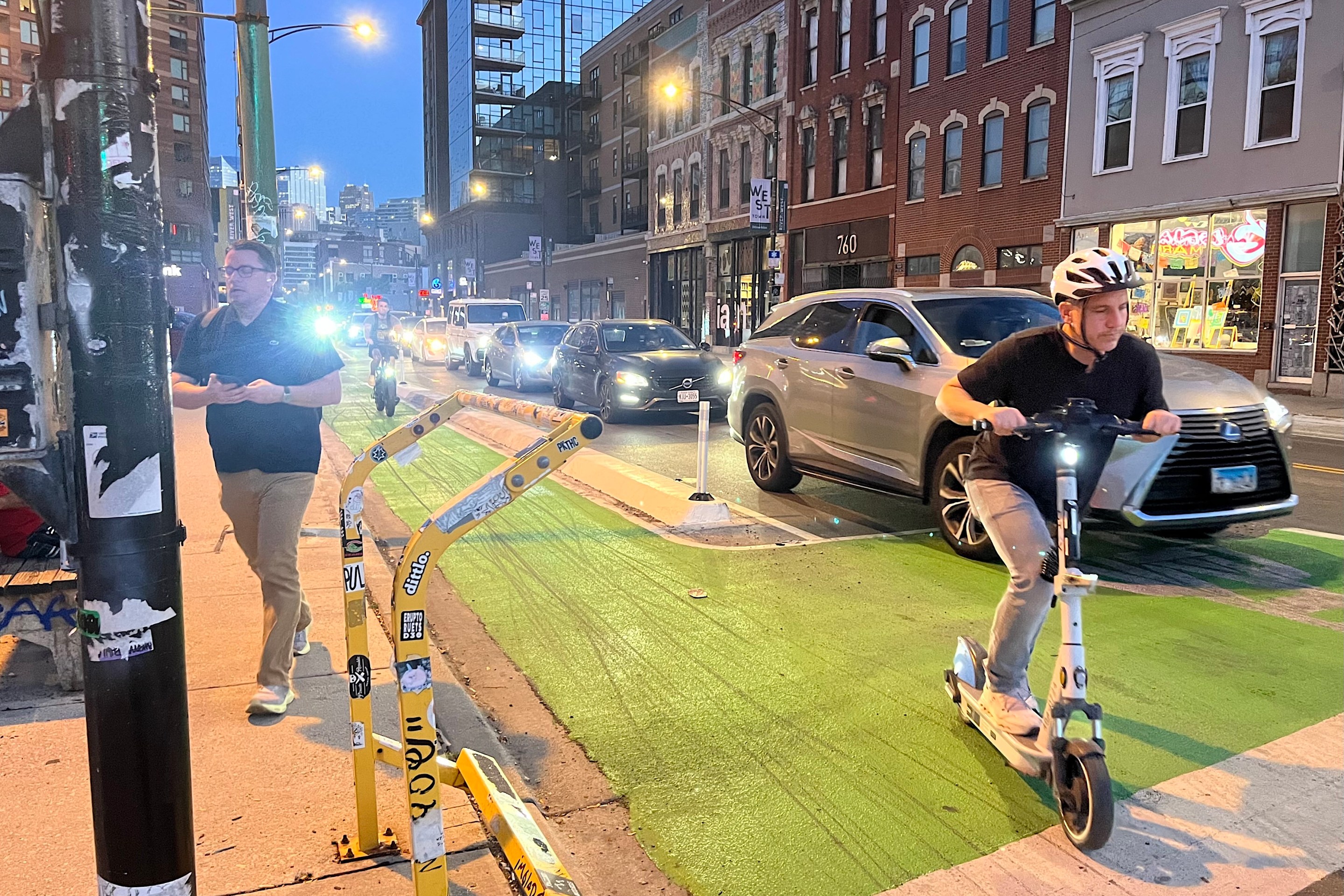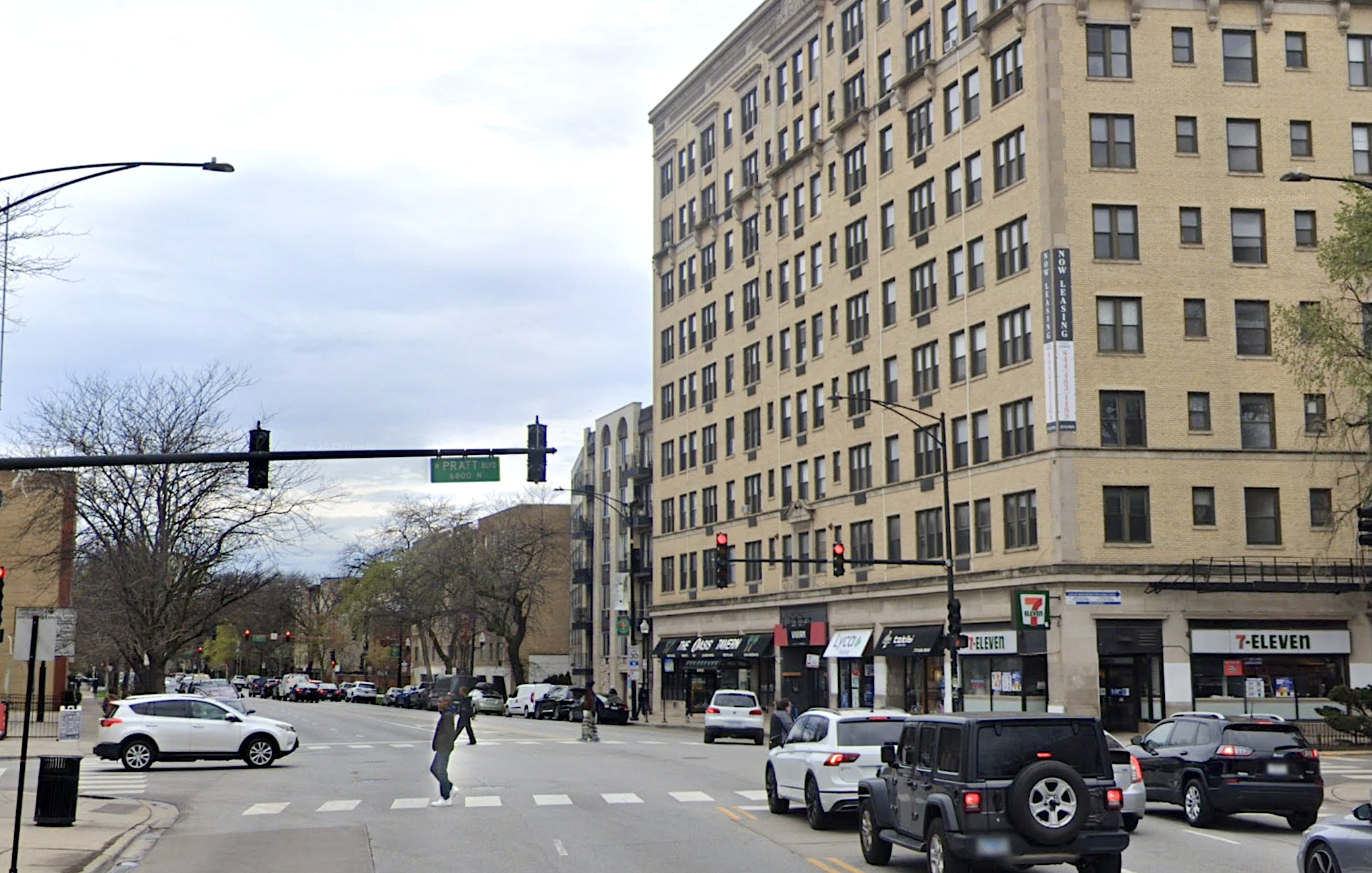Last Friday the Illinois House overwhelmingly passed a bill lowering the speed limit in school zones to 20 MPH any time children are present, not just during the hours of 7 a.m. and 4 p.m., as is currently the case. The Active Transportation Alliance proposed the legislation, sponsored by Rep. Elaine Nekritz, D-Northbrook, after a Chicago Tribune analysis found that the majority of crashes involving kids in Chicago school zones occur after regular school hours. A separate Active Trans study found similar results in other parts of the state.
"This is about children's safety," Nekritz said in a recent Trib article. "And in this instance, we're not just reacting to an incident of a hunch that this might protect children more. We actually have data to show that the most number of accidents occur outside of school hours and outside of the hours by which current state law requires drivers to slow down."
"Schools are special places that warrant drivers' caution, slower speeds, and alertness whenever children are present," said Max Muller, Active Trans' director of government relations and advocacy. "You shouldn't have to check your watch or calendar before slowing down when children are present near a school. This is a common-sense bill that had broad support from both urban and rural legislators from across the state.”
The legislation, which would fine drivers for speeding when a child is within 50 feet of the road -- $150 for the first offense and $300 for the second -- was approved 90 – 11. It now moves on to the Illinois Senate, where it is expected to pass, since President John Cullerton, D-Chicago, is a longtime advocate for safer streets. One of the few House lawmakers to vote against the legislation was Rep. Monique Davis, whose 27th district includes parts of Chicago’s Southwest Side and south suburbs.
"I know that this is a well-intentioned bill, but in the district I represent, there are schools everywhere you turn," Davis told the Trib. "It sounds like somebody just wants to make money off of people who are working in Chicago," she added. Instead, "what we should do is teach our children how to cross the street."
“We do teach kids how to cross the street,” Muller said yesterday, adding that most kids are taught traffic safety at a young age, and educational efforts continue in school through programs like Chicago’s Safe Routes Ambassadors. “But we can’t really control children’s behavior. Kids are not little adults – they’re more impulsive. However, we can slow down cars, which makes crashes less likely and less severe.” Studies show that a person struck by a car at 40 MPH will almost certainly die, while a person struck at 20 MPH will almost certainly live.
When I reached Representative Davis, she conceded that it makes sense to try to prevent drivers from going over 20 MPH in school zones. “If a driver is speeding near a school then they’re certainly driving dangerously,” she said. “But I get really tired of trying to solve problems by fining people.”
The 27th District (dark blue).
“I don’t want anybody getting injured, nor do I want another instance in which Traffic Court is filled with black people,” she added. The 27th District is majority African-American. “I think this bill targets Chicagoans and it targets black people.” She argued that urban school buildings are more likely to be located close to the street than their suburban and rural counterparts, and Chicago children are more likely to walk to school than to be bused, so it’s more likely kids will be within 50 feet of the roadway.
Of course, by that logic, Chicago children are more likely to be protected by the bill. The Tribune study also found that crashes involving school-age children disproportionately take place in low-income communities of color on the city’s South and West sides. So what’s the downside of having legislation that would force drivers to slow down for schoolkids in Davis’ district? “The downside is charging people $150 or $300 if they don’t have jobs in this economy,” she said.
One can sympathize with Davis’ constituents who are having money problems. On the other hand, it’s easy to avoid these fines by acting responsibly and hitting the brakes in school zones. The overwhelming support for this legislation from state reps across Illinois, including districts with similar demographics as Davis’, shows that the bill isn’t about targeting a particular group and it’s not a money grab. It’s about protecting kids from getting injured and killed by cars.







